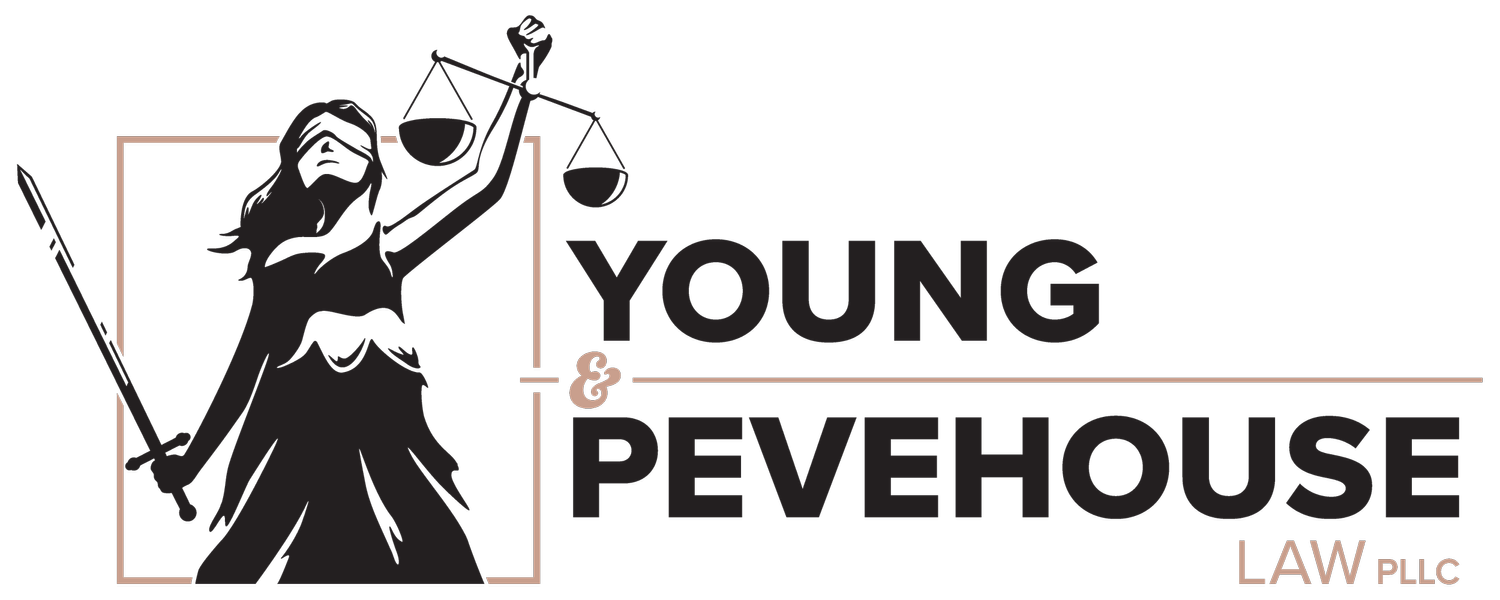Legal Tips for Scaling Your Business
1. Formalize Your Business Structure
As your business grows, your initial structure may no longer be adequate. Consider formalizing or changing your business structure to better support expansion.
Review Your Current Structure: Evaluate whether your current structure (e.g., sole proprietorship, partnership, LLC, corporation) is suitable for your growth plans.
Incorporate or Form an LLC: Incorporating or forming an LLC can provide legal and financial protections, such as limited liability and tax benefits. It also adds credibility to your business.
Seek Legal Advice: Consult with a business attorney to determine the best structure for your expanding business and handle the necessary paperwork and compliance requirements.
Choosing the right business structure helps protect your personal assets and provides a solid foundation for growth.
2. Update Contracts and Agreements
As your business scales, your existing contracts and agreements may need to be updated or renegotiated to reflect new terms and conditions.
Review Existing Contracts: Assess your current contracts with suppliers, clients, employees, and partners. Ensure they still meet your needs and reflect your growth.
Negotiate New Terms: As you expand, you may have more leverage to negotiate better terms, such as bulk discounts, extended payment terms, or exclusive agreements.
Draft New Agreements: For new business relationships, draft comprehensive contracts that clearly outline expectations, responsibilities, and dispute resolution mechanisms.
Regularly updating and negotiating contracts ensures your agreements remain relevant and protect your interests as your business grows.
3. Protect Intellectual Property
Intellectual property (IP) becomes increasingly valuable as your business grows. Protecting your IP is crucial to maintaining your competitive advantage.
Register Trademarks: Ensure your business name, logo, and other branding elements are registered trademarks to prevent unauthorized use.
File for Patents: If your business relies on unique inventions or processes, consider filing for patents to protect your innovations.
Secure Copyrights: Protect original works, such as written content, designs, and software, by securing copyrights.
Implement IP Policies: Develop and enforce policies to safeguard trade secrets and confidential information.
Protecting your intellectual property helps prevent infringement and maintains your business’s unique value.
4. Ensure Regulatory Compliance
Expanding your business often means entering new markets or industries, each with its own set of regulations.
Research Local Regulations: Understand the regulatory requirements in new regions or countries where you plan to expand. This includes licensing, environmental regulations, and labor laws.
Maintain Compliance: Develop a compliance program to ensure your business adheres to all relevant regulations. Regular audits and employee training can help maintain compliance.
Stay Informed: Keep up to date with regulatory changes that may impact your business. Join industry associations and subscribe to legal updates to stay informed.
Ensuring regulatory compliance prevents legal issues and helps you build a reputable and trustworthy business.
5. Manage Employment Law Issues
Scaling your business often involves hiring more employees, which brings additional employment law considerations.
Update Employee Contracts: As you hire more staff, ensure your employment contracts are comprehensive and compliant with current labor laws.
Develop HR Policies: Create and implement HR policies that address recruitment, performance management, workplace conduct, and dispute resolution.
Offer Competitive Benefits: To attract and retain top talent, consider offering competitive salaries, benefits, and professional development opportunities.
Comply with Labor Laws: Stay informed about labor laws, including wage and hour regulations, anti-discrimination laws, and health and safety standards.
Properly managing employment law issues helps create a positive work environment and reduces the risk of legal disputes.
6. Implement Data Protection and Privacy Measures
As your business grows, the volume of data you handle will increase, making data protection and privacy even more critical.
Comply with Data Protection Laws: Ensure your business complies with data protection regulations, such as the General Data Protection Regulation (GDPR) or the California Consumer Privacy Act (CCPA).
Develop Data Privacy Policies: Create clear data privacy policies that outline how you collect, use, and protect customer and employee data.
Secure Your IT Infrastructure: Implement robust cybersecurity measures to protect sensitive data from breaches and cyber-attacks.
Train Employees: Regularly train employees on data protection best practices and your company’s data privacy policies.
Protecting data and privacy builds customer trust and helps avoid legal issues related to data breaches.
7. Plan for Dispute Resolution
Disputes are inevitable as your business grows, and having a plan in place can help you manage them effectively.
Include Dispute Resolution Clauses: Ensure all contracts include clear dispute resolution clauses, specifying how disputes will be handled (e.g., mediation, arbitration, litigation).
Develop Internal Policies: Create internal policies for handling disputes with employees, customers, and partners.
Seek Legal Counsel: Establish a relationship with a legal advisor who can assist with dispute resolution and provide guidance on managing conflicts.
Having a plan for dispute resolution helps resolve issues quickly and minimizes disruptions to your business.
8. Seek Professional Legal Advice
As your business scales, the legal landscape becomes more complex, making professional legal advice invaluable.
Hire a Business Attorney: Engage a business attorney with experience in your industry to provide ongoing legal support and advice.
Consult Specialists: Depending on your needs, consult with specialists in areas such as intellectual property, employment law, and regulatory compliance.
Regular Legal Audits: Conduct regular legal audits to identify and address potential legal issues before they become significant problems.
Professional legal advice helps you navigate the complexities of scaling your business and ensures you are well-prepared for growth.
Scaling your business requires careful planning and a proactive approach to managing legal challenges. By formalizing your business structure, updating contracts, protecting intellectual property, ensuring regulatory compliance, managing employment law issues, implementing data protection measures, planning for dispute resolution, and seeking professional legal advice, you can successfully navigate the complexities of growth and position your business for long-term success. Remember, addressing legal considerations early and thoroughly helps create a solid foundation for your expanding business.

